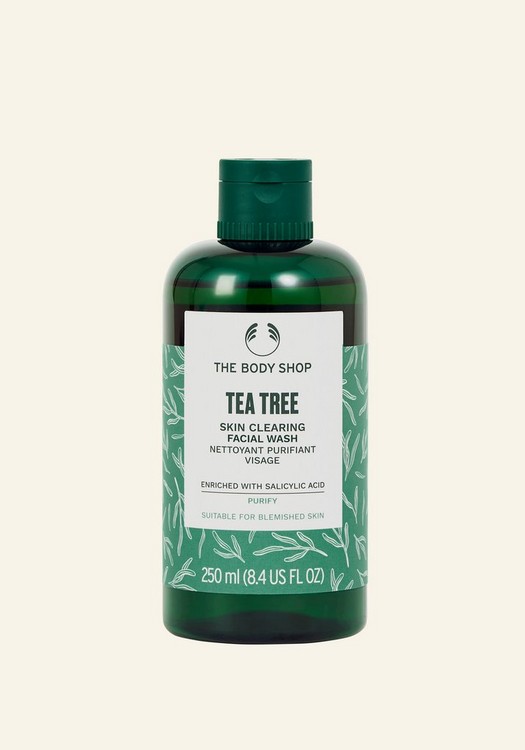You may experience flaking skin on your beard if your skin is dry or if you have a buildup of dead skin and oil. Skin care, including exfoliation, washing, and moisturizing, can help reduce it.
Dandruff is a common skin condition that tends to affect the scalp. It’s known for causing red, flaky skin that’s often itchy as well. If you have scalp dandruff, you’ll probably be able to see flakes of skin in your hair. Dandruff is sometimes called seborrheic dermatitis.
The same thing can happen to facial hair, causing white flakes and itching in your beard. Keep reading to learn more about what causes beard dandruff and how you can get rid of it.
Just about everyone’s skin contains a microbe called Malassezia globosa. This isa type of fungus that tends to grow in oily areas with lots of sebaceous glands, including your scalp and face.
The fungus helps break down sebum, which is oil produced by your sebaceous glands. This process leaves behind oleic acid, which irritates some people’s skin. In addition, if you have naturally oily skin, you likely also have more M. globosa microbes, leading to more oleic acid.
Some people’s skin also has a faster rate of cell turnover. This refers to how often your skin cells regenerate. Generally, a cell turnover cycle takes about 30 days. When the process speeds up, it can lead to an accumulation of dead skin cells.
If you have flakes in your beard without any red or irritated skin underneath, you may just have dry skin. In other cases, not washing your beard enough can cause a buildup of oils and skin cells.
Regardless of what’s causing your beard dandruff, you might notice that it’s worse during cold, dry weather and in hot, humid climates.
Getting rid of beard dandruff involves coming up with a plan to remove dead skin cells while controlling extra oil to prevent new flakes from forming. For most people, this involves a combination of regular exfoliation, washing, and moisturizing. Regardless of the routine or products you choose, remember that it might be a week or two until you start seeing results.
Exfoliating
Exfoliation is a process that helps remove dead skin cells, including those that cause dandruff. You can make this the first step of your routine by using a beard brush. Look for one that has soft bristles. In addition to getting rid of dead skin, a beard brush will also help distribute oils from your skin. This can make the hair of your beard softer and easier to manage.
Before cleaning your beard, gently massage the skin under your beard with the brush. Make sure you’re not scrubbing your beard too hard. That can make dandruff worse.
Washing
If you don’t already, wash your beard the way you wash your hair. You can use the same shampoo you use on your scalp. However, you might want to opt for a medicated shampoo designed to treat dandruff. Look for these dandruff-fighting ingredients in a shampoo:
- pyrithione zinc
- coal tar
- selenium sulfide
- tea tree oil
Gently massage the shampoo into your beard. Make sure it reaches the skin underneath. Wait a minute or two before rinsing it out. Avoid using extra hot water, which can dry out and further irritate your skin.
Keep in mind that traditional shampoos designed for your scalp may be too harsh for your face, especially if you have sensitive or dry skin. If shampoo feels too drying, you can try a cleanser designed specifically for beards, like this one.
Moisturizing
Moisturizing your beard is crucial for getting rid of dandruff. Moisturizing helps rehydrate and protect your skin after shampooing.
When you think about moisturizing, lotion probably comes to mind. However, it can be hard to apply to your beard without leaving a bunch of residue. Instead, opt for a beard oil. You can find one on Amazon.
If you have acne-prone skin, you might want to go for a simpler, noncomedogenic oil — meaning it won’t clog your pores — like argan oil.
Apply your moisturizer immediately after cleansing. Rub a few drops of oil between your hands and massage it into the skin under your beard, working it through to the ends of your beard. To avoid more buildup, start with one or two drops. You can always add more if it feels like you didn’t reach your whole beard.
Once you’ve gotten rid of beard dandruff, it’s important to keep up with your routine, especially when it comes to washing and moisturizing. Try to regularly monitor how your skin feels. Does it feel tight or itchy? Add a few more drops of beard oil. Keep in mind that you may need to use a richer moisturizer during cold, dry weather.
If you’re using a medicated shampoo, you can drop down to using it once or twice a week after your dandruff is under control.
Beard dandruff is a common problem, but it’s easy to treat with the help of a simple routine. Whatever you decide to do, make sure you pay attention to both the hair of your beard and the skin underneath.
If you’re still not seeing any improvement after a few weeks, talk to your doctor. You may need a prescription antifungal shampoo or topical steroid treatment. Once your dandruff goes away, you can keep it from reappearing by sticking with your routine.











